Home > Information > News
#News ·2025-01-08
Andrew Ng kicked off the New Year by sharing his personal insights on the future of artificial intelligence, noting in particular that AI is lowering the cost of software development and making it easier than ever to quickly build software prototypes. Whether it's making flashcards for kids, managing foreign exchange rates for international accounts, or automatically analyzing user reviews to quickly spot product problems, AI-assisted coding can quickly enable these applications.
According to Ng, AI-assisted coding is particularly effective in prototyping because prototypes typically don't require complex context and software integration, and have relatively low reliability requirements in the early testing phase. While generative AI can also help develop large, mission-critical software systems, productivity gains in these areas are not as significant as in prototyping, as it remains challenging to get AI systems to understand all the context of a large code base and ensure the reliability of the generated code.
To get prototypes into users' hands faster, platforms like Bolt, Replit Agent, and Vercel V0 are leveraging generative AI and agent workflows to improve code quality and provide the ability to deploy generative applications directly
In addition to his personal outlook, Ng invited five industry leaders to share their expectations for AI in 2025:
Hanno Basse, CTO of Stability AI, hopes that generative AI will help people increase their creativity and productivity, with a focus on security, integrity, accessibility, and customization. He sees a future of large numbers of small, fine-tuned models for specific tasks, which is where the true potential of generative AI will be realized and the safest and most responsible way to deploy generative AI in the real world
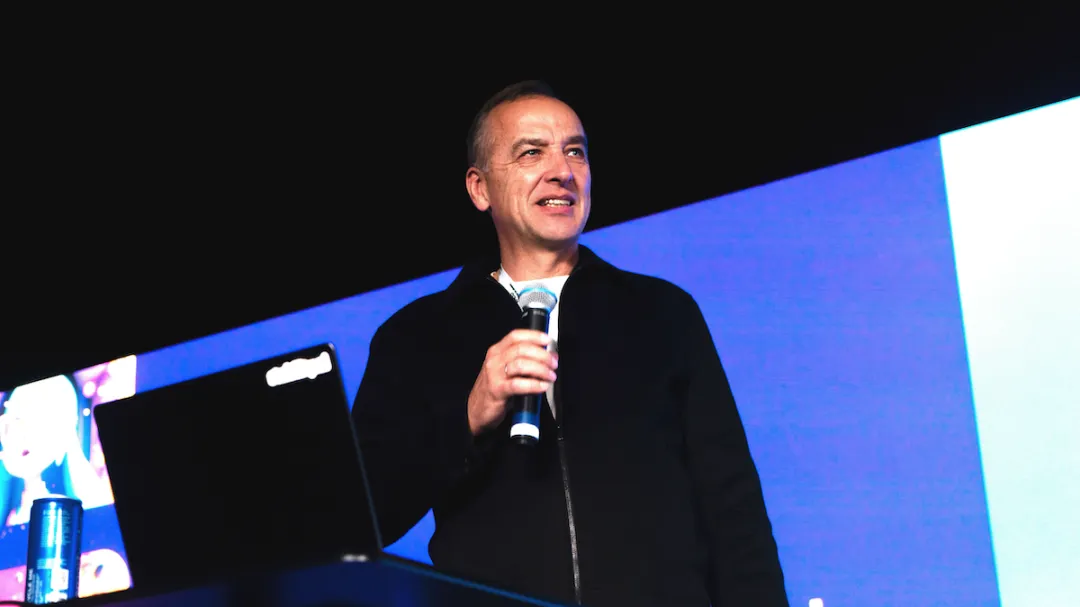
Udio co-founder David Ding is looking forward to seeing models that can generate full video clips containing speech, music and sound effects. He believes the technology to make this happen is already in place, simply by modeling video and audio at the same time. While the initial output of these models may not match the best work of professional video editors, they will evolve rapidly, just as current image models can produce images that are indistinguishable from high-end photos. He believes that video will remain an art form because people will be able to make choices about the content, look and feel of movies more smoothly, quickly and interactively

Joseph Gonzalez, a professor at the University of California, Berkeley, predicts that progress in training basic models will slow as scale constraints emerge and reasoning costs rise. Instead, he expects to see an explosion of AI-based application innovation, such as the rapidly evolving agent stack. He believes we've already achieved Artificial General Intelligence (AGI) and looks forward to seeing how people can use AI to personalize and improve their learning experience. In 2025, the focus will shift to demonstrating the real value of AI, reducing costs, generating revenue, improving customer experience, and more. He wants us to go beyond chat and discover how we can do great things with AI, with AI agents invisibly helping us with everyday tasks in the background
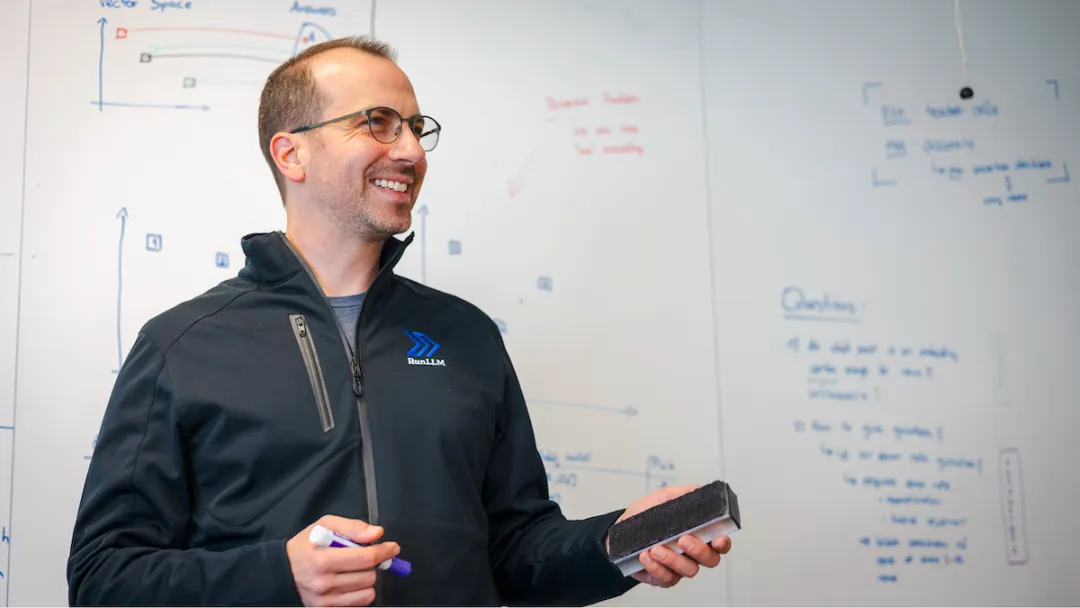
Carnegie Mellon assistant Professor Albert Gu hopes to make the model learn more with less data in the coming year. He noted that current methods of training large models consume a lot of time and energy, and that we are running out of new sources of data. According to him, the problem of data efficiency is linked to a number of issues such as data management, feature engineering, multimodality, interpretability and robustness, reasoning, and democratization. Solving the problem of data efficiency will be an indicator of broader progress in AI
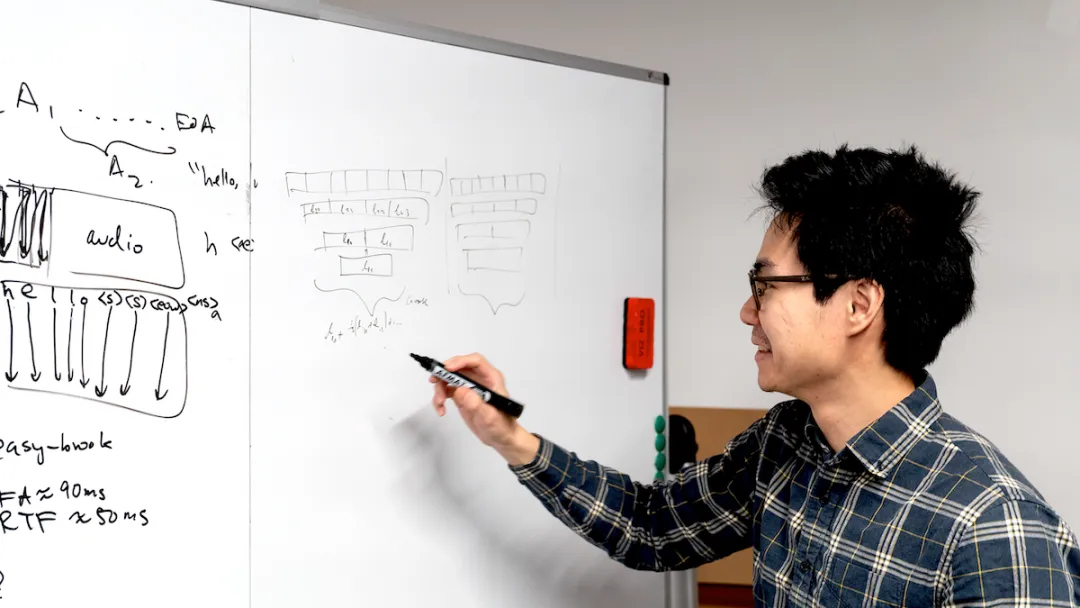
Mustafa Suleyman, CEO of Microsoft AI, believes that in 2025, AI will learn to "see," become smarter, more accurate, and start doing things on our behalf. He believes that "vision" will be a breakthrough feature in 2025, and foresees a significant improvement in the hallucination problem. He came up with the concept of "artificial capability intelligence" (ACI), the moment when AI begins to take concrete actions on behalf of the user. He believes that 2025 will be an important year, and the agency of action is coming
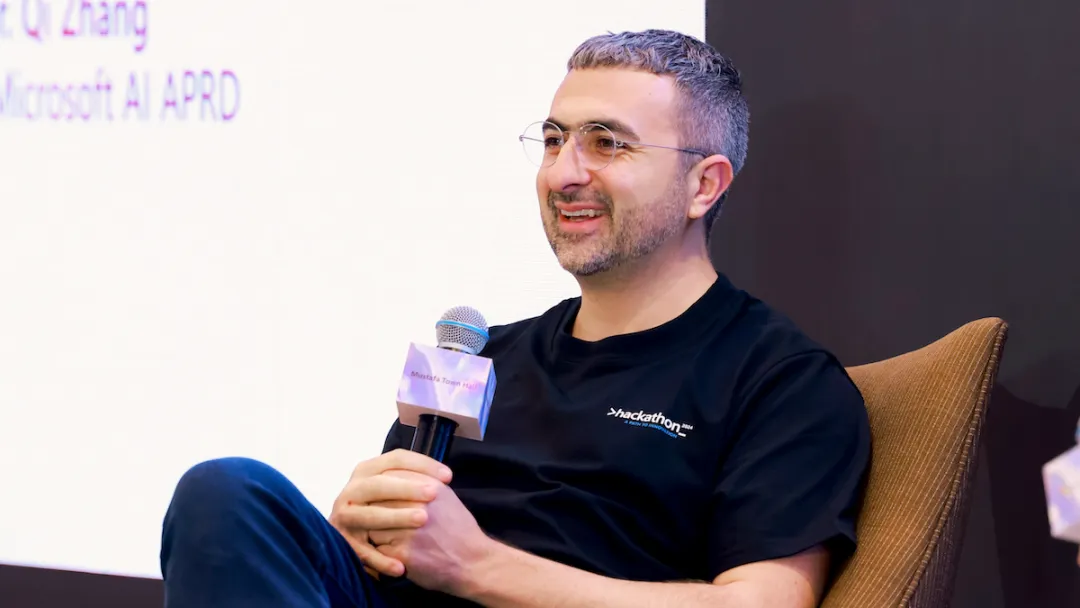
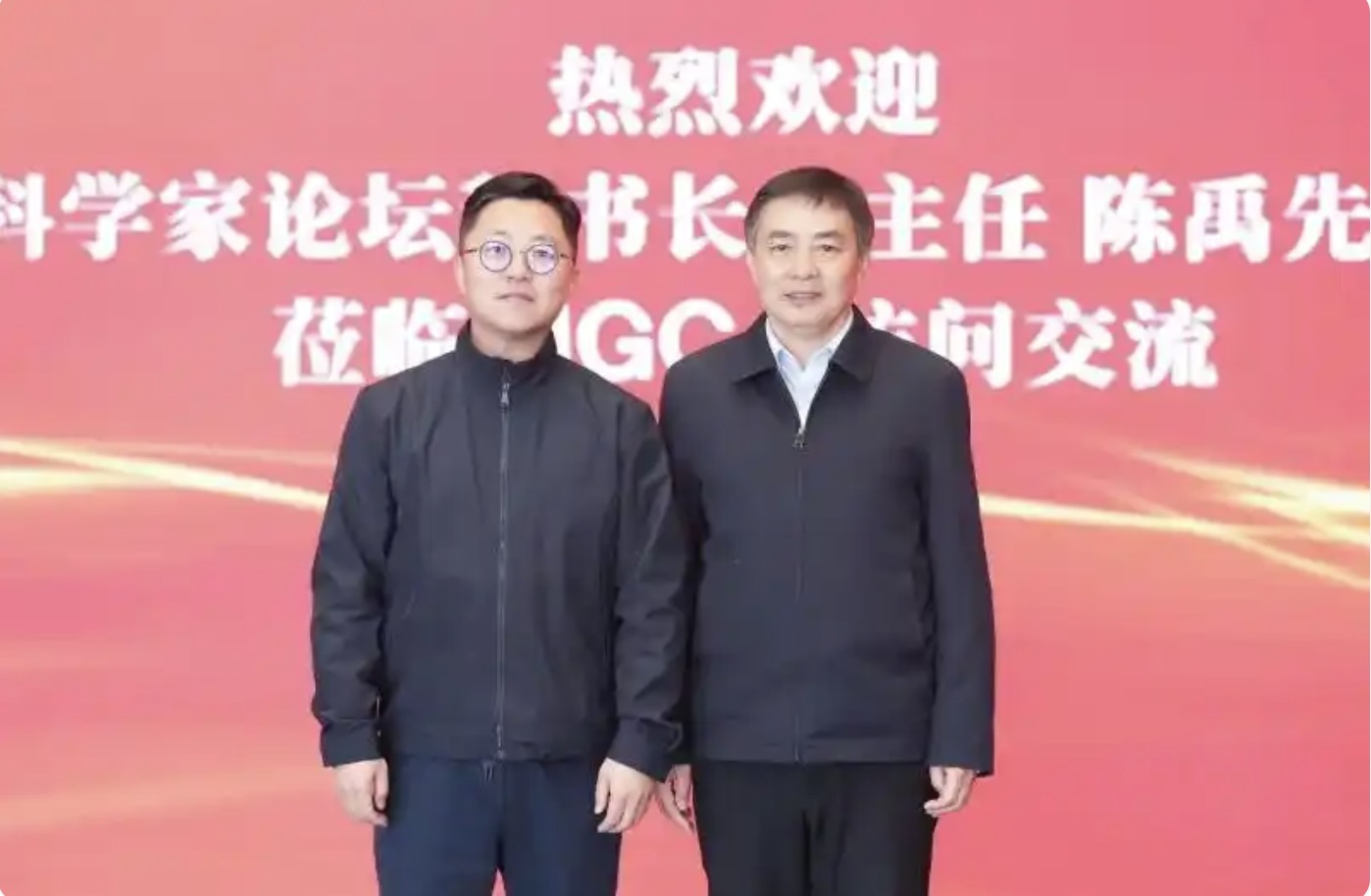
2025-02-17
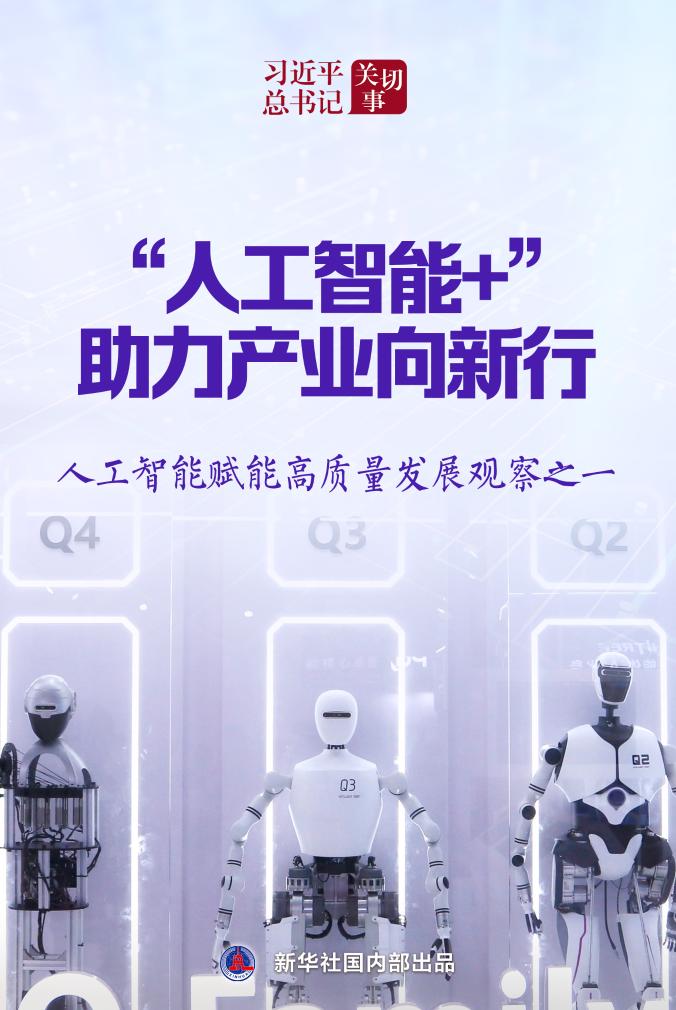
2025-02-14

2025-02-13
friend link


400-000-0000
立即获取方案或咨询
top